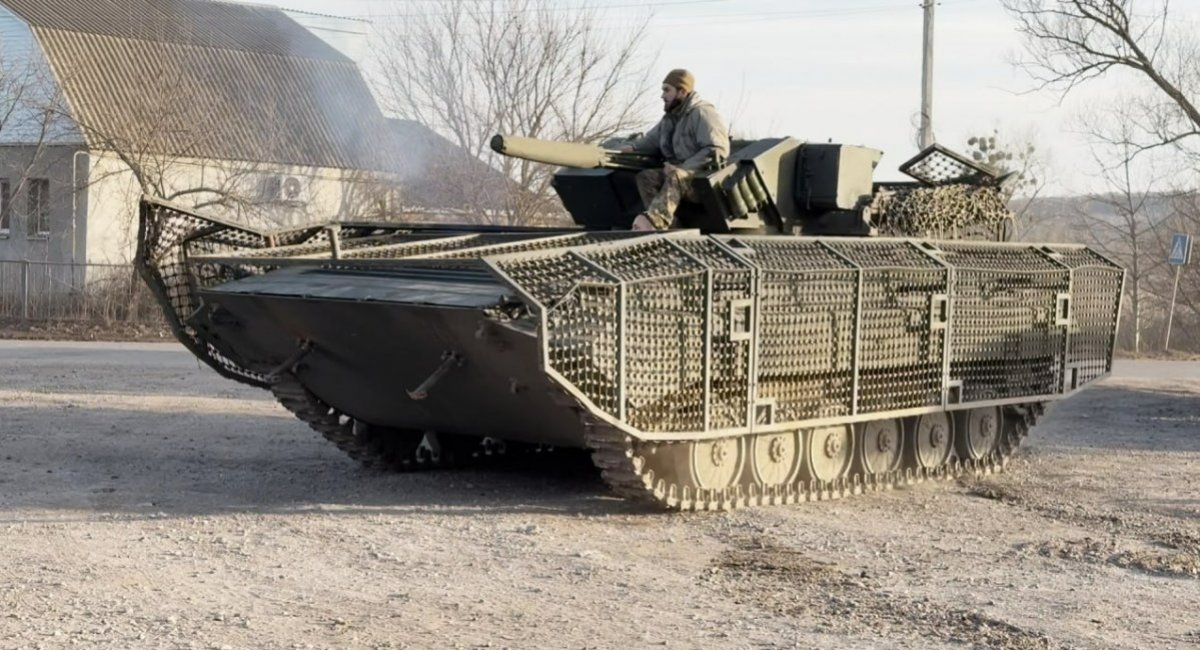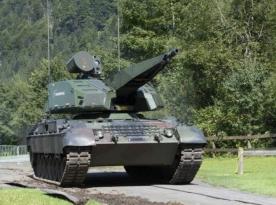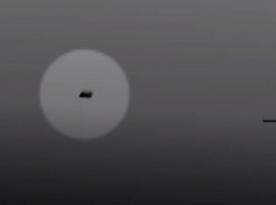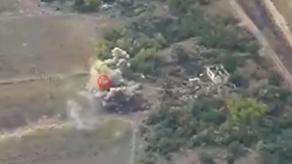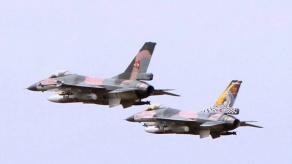Observing the widespread use of drones on the battlefield of the russo-Ukrainian war, an unspecified Chinese manufacturer has proposed a kit of composite slat armor for infantry fighting vehicles. Notably, it is very similar to what was developed by Ukrainian specialists and is already used in battles.
The patent, published by Btvt.info, presents a modular and multifunctional external superstructure applied to armored vehicles. It consists of the skeleton and two layers of slatted grid screens, with the inner one supporting additional enhancements like reactive armor or ceramic plates.
Read more: CSIS Reveals 10 Graphs About China's Armed Forces That Will Terrify
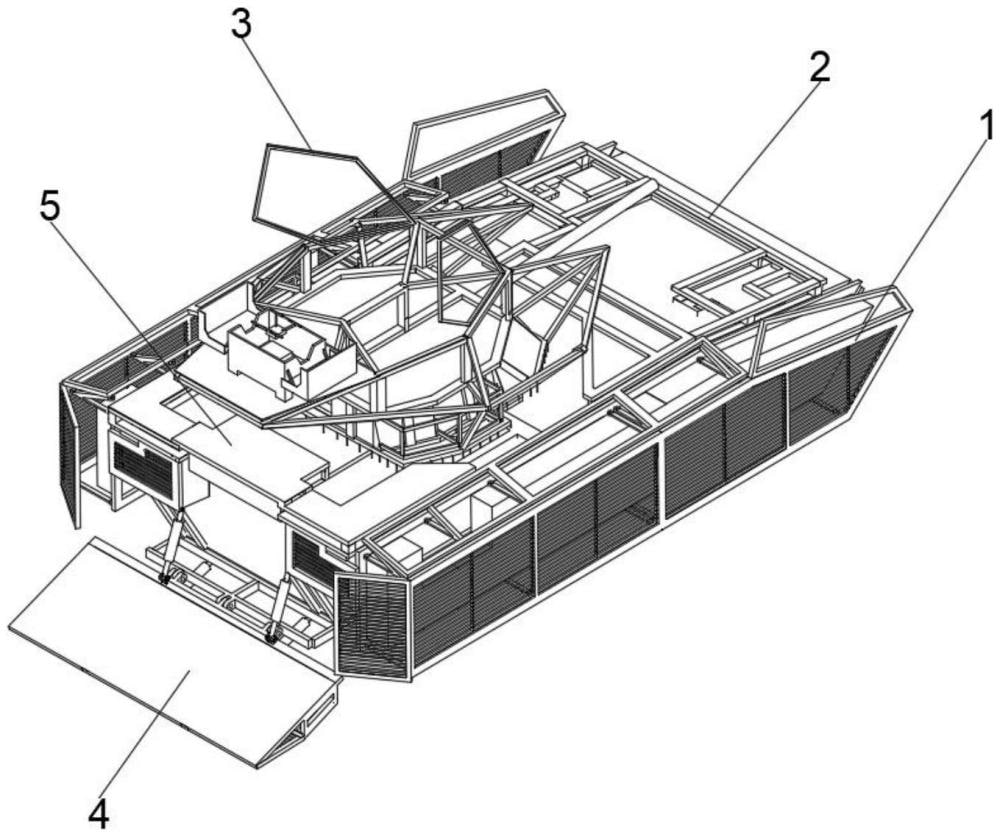
The space between the vehicle's ordinary armor and the added cage is about 50–60 cm on the sides, up to 10 cm on the hull top, and 70-80 cm from the turret top to the protective enclosure. These elements guard the vehicle from FPV drones and shaped-charge munitions, re-angling and weakening the impact.
Defense Express notes that using such structures isn't new. Both Ukrainian and russian forces came up with similar measures once cheap and expendable weaponized drones flooded the battlefield. Furthermore, this sort of protection relies on all the same basic principles of slat armor that have been known for a long time.
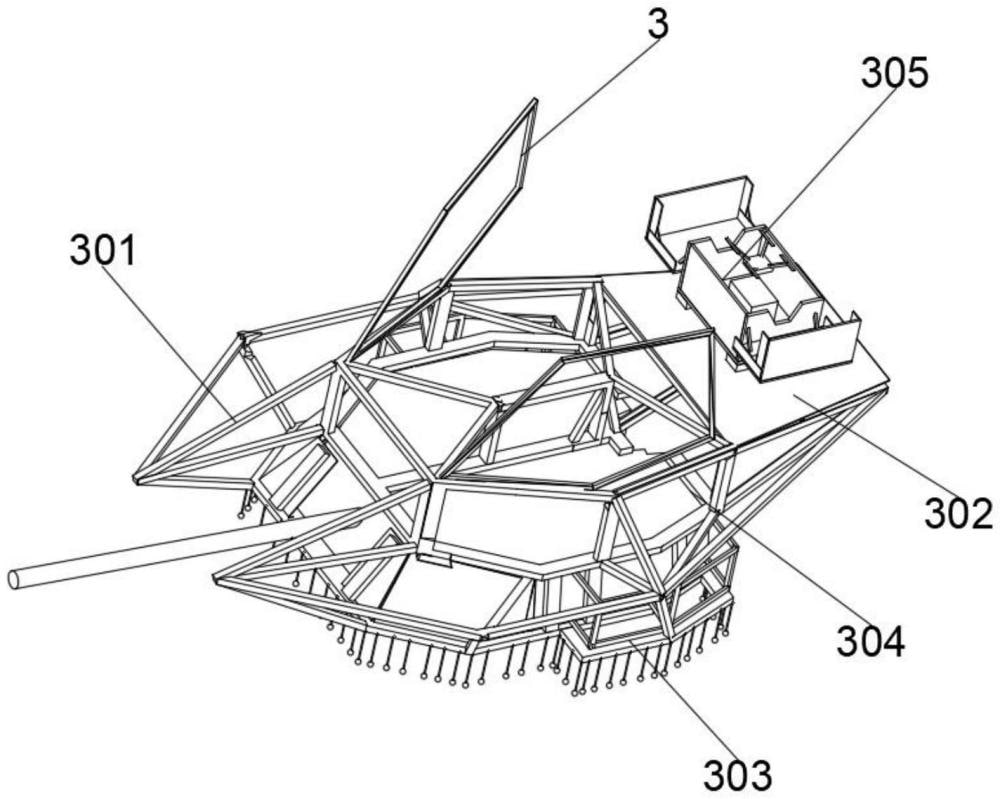
Surely, the Chinese design looks much more polished and somewhat futuristic compared to Ukrainian counterparts, often jerry-rigged in field workshops. This much, however, is only expected from a proper patent formalized on paper — compared to real kits made in repair shops or at factories, who prioritize practicality and cheapness over anything else.
One interesting innovation the Chinese design introduces is the solution for covering the vehicle's rear ramp used by troops for disembarkment. This vulnerable point is offered to be covered with composite armor. However, implementing this requires installing an additional hydraulic mechanism, which complicates the design and raises questions about its reliability in critical moments.
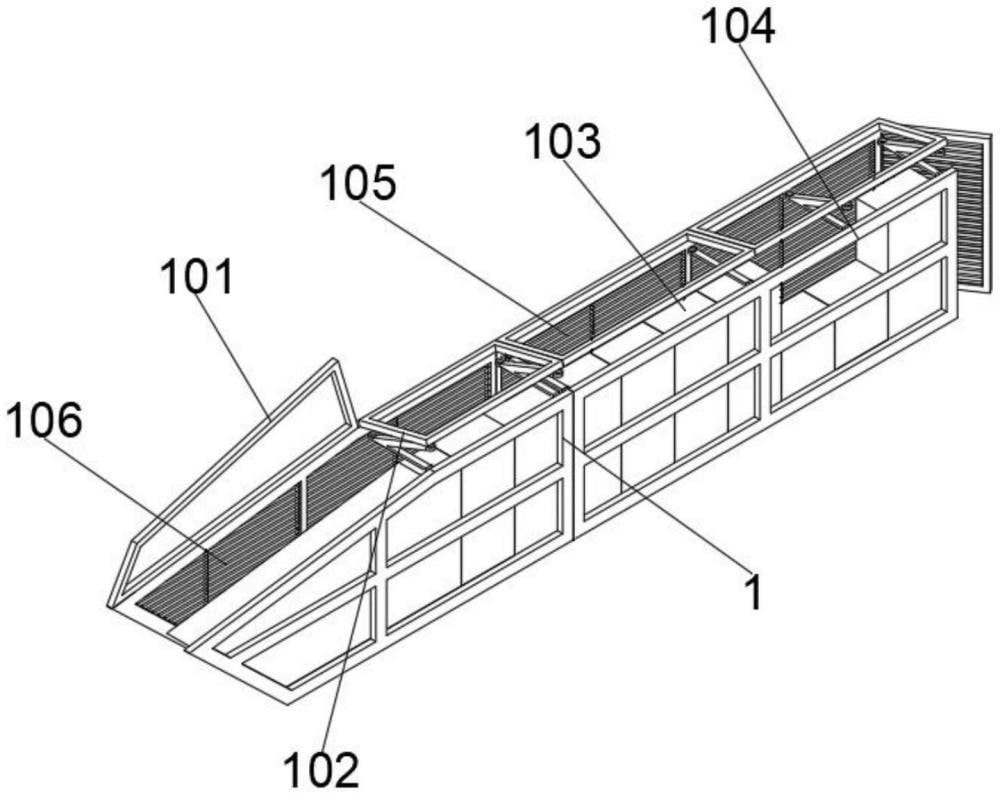
As mentioned, the design allows for additional installation of, such as ceramic armor plates, or even explosive reactive armor tiles, on the inner layer of mesh. This idea isn't new either, but it proved quite effective on M2 Bradleys in the Ukrainian Armed Forces.
Modular nature of this solution means it can support more sophisticated means of protection, such as electronic warfare equipment or an active protection system. These are more traditional things often found on Western combat vehicles.
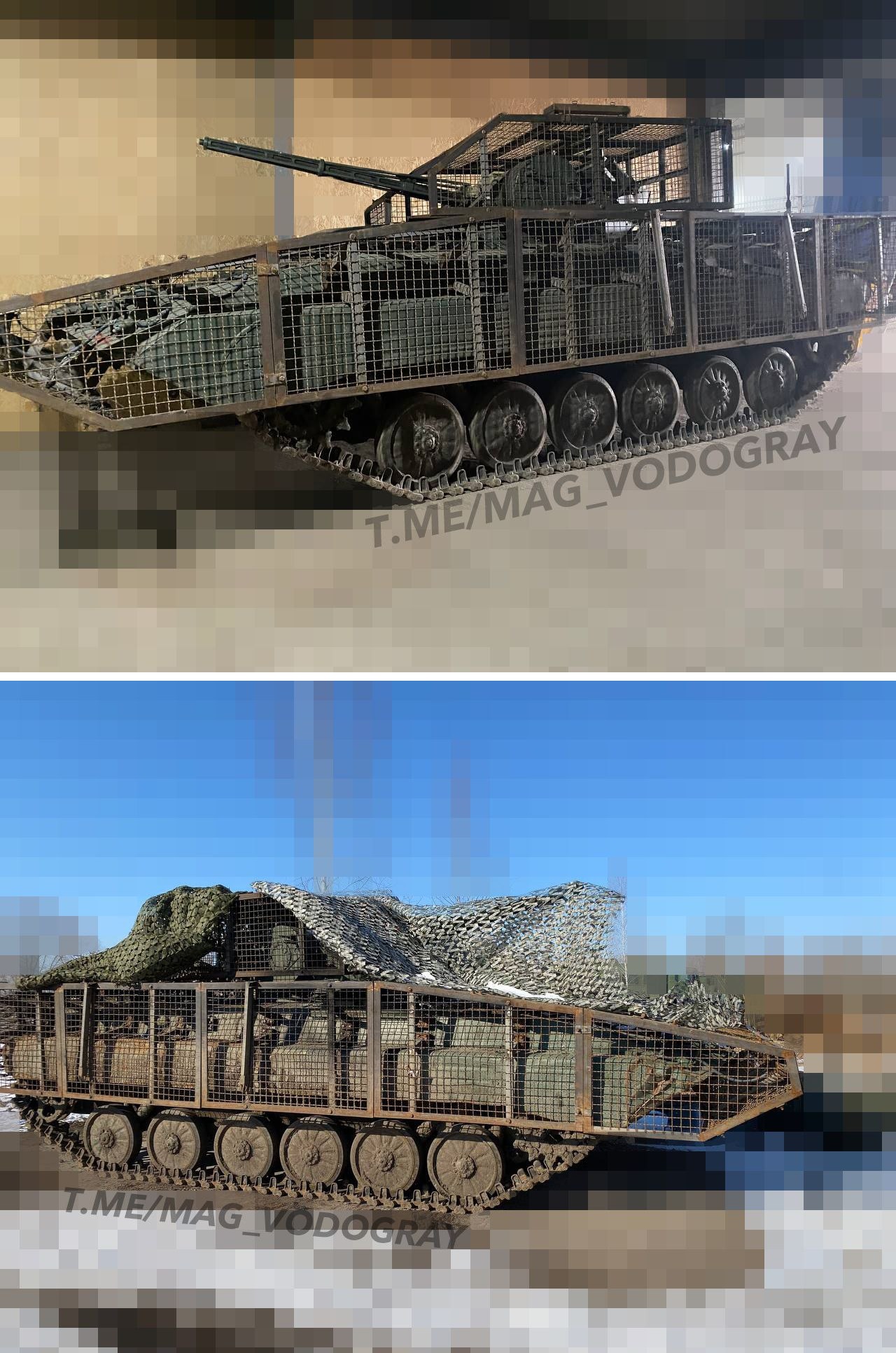
To summarize: China is closely following the russian-Ukrainian war and its inventions, adapting most successful ones for its own needs. For now, the presented solution is just a patents without practical implementation, but given the secrecy in which Chinese weapons are so often created, active work on an industrial prototype may well already be underway somewhere.
Read more: Challenger 2 Tanks in Ukrainian Service for Over Two Years: How the Tanks Have Performed in Combat




